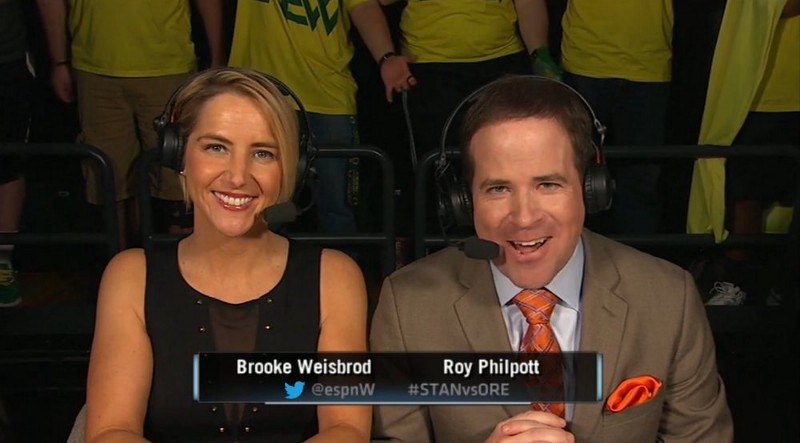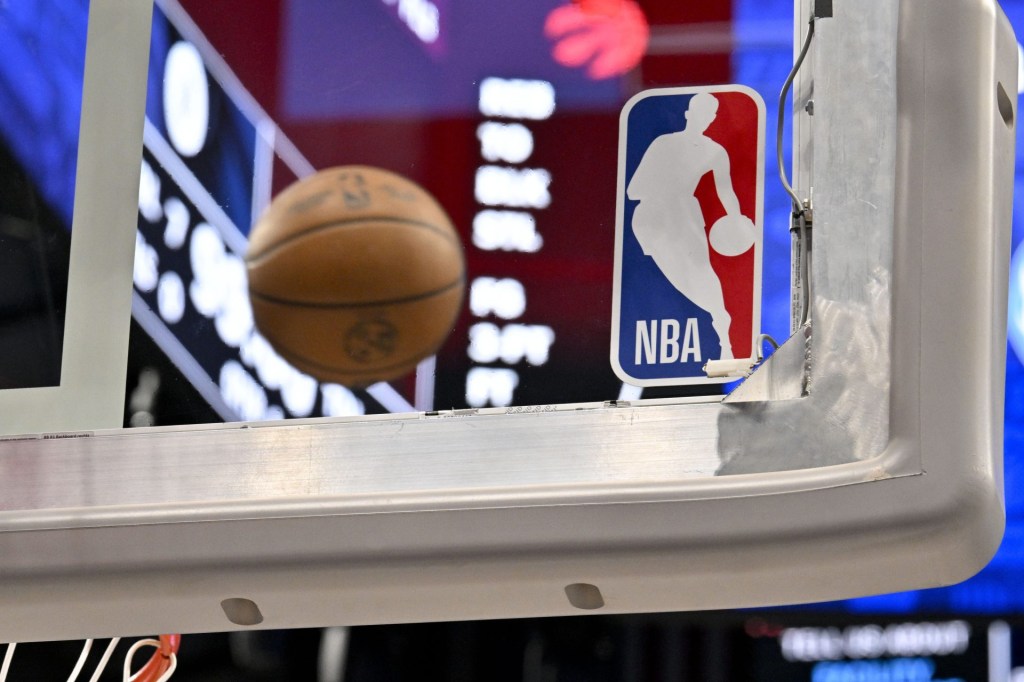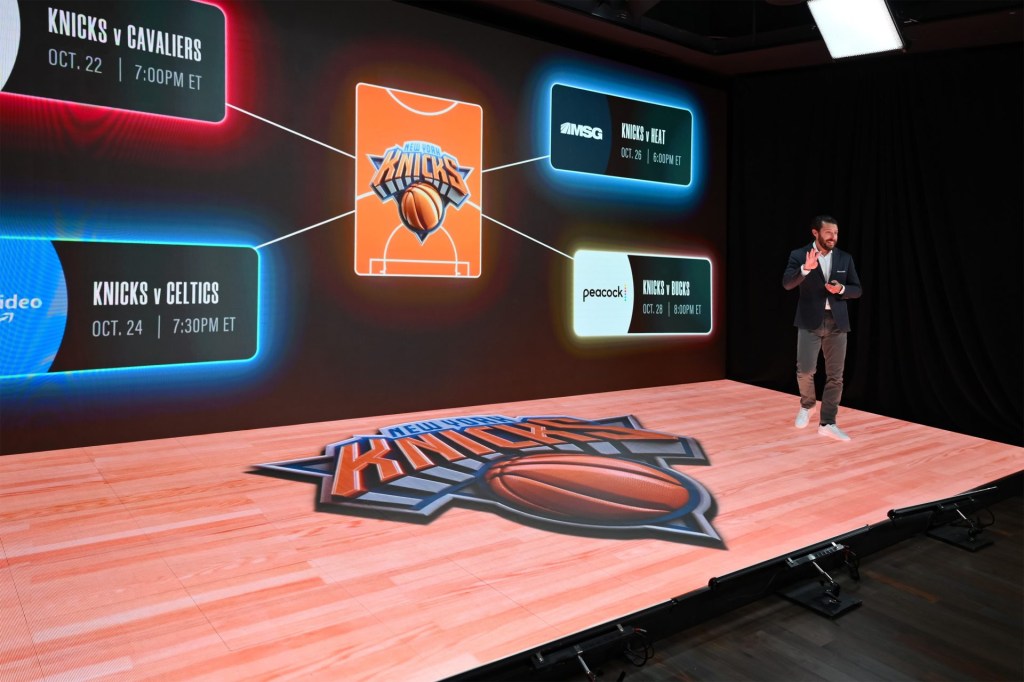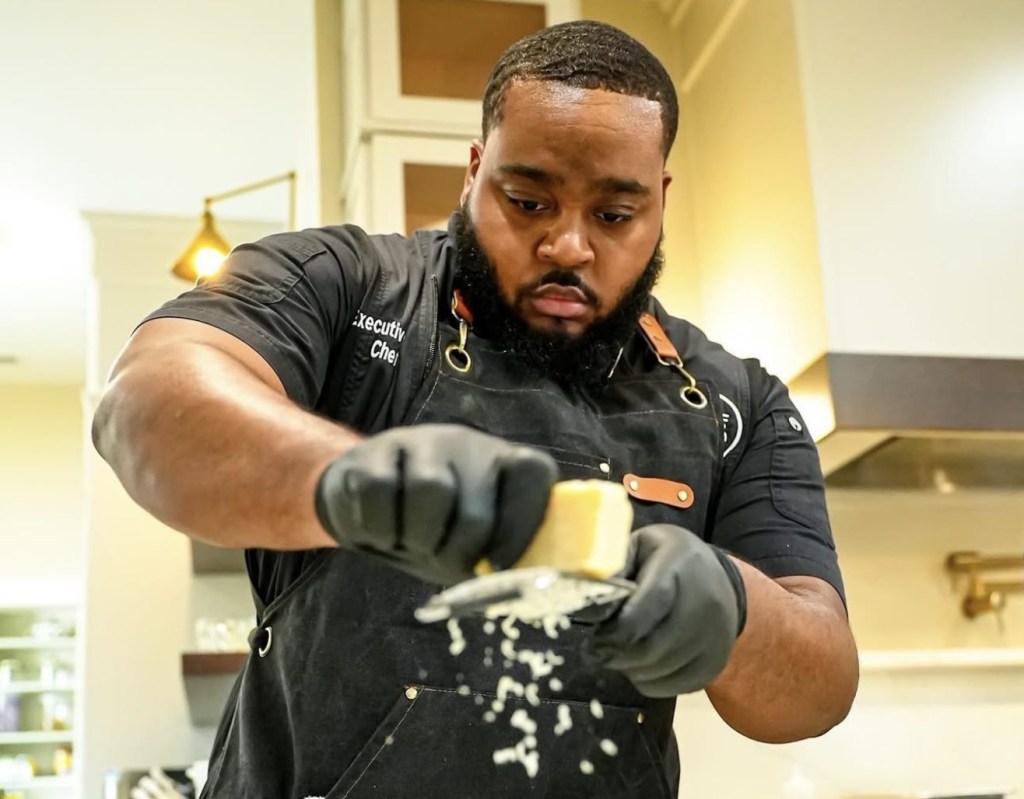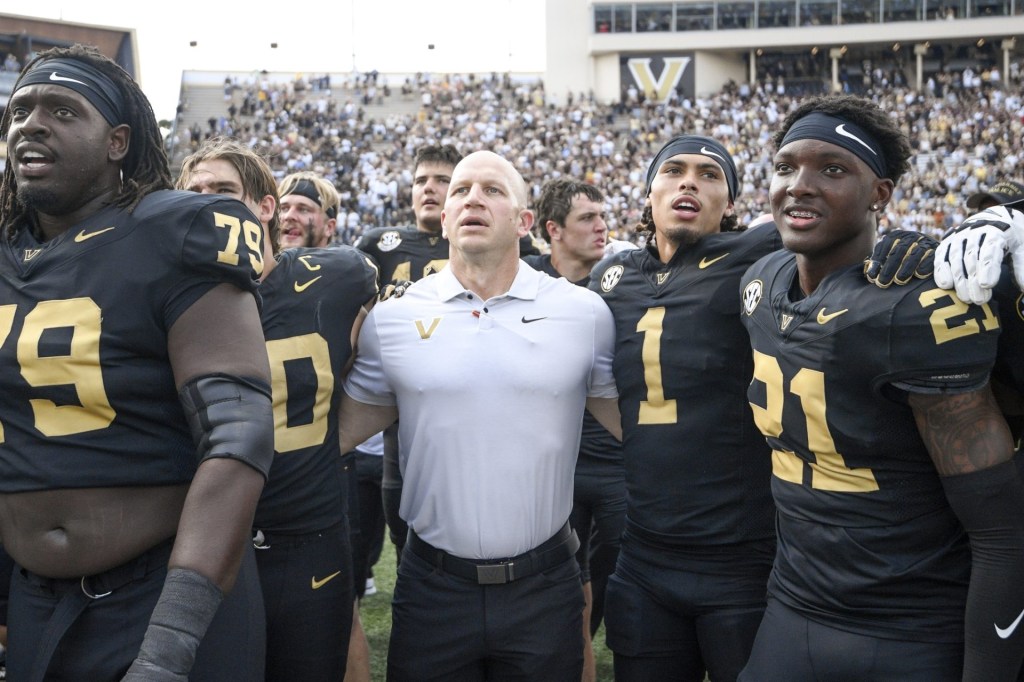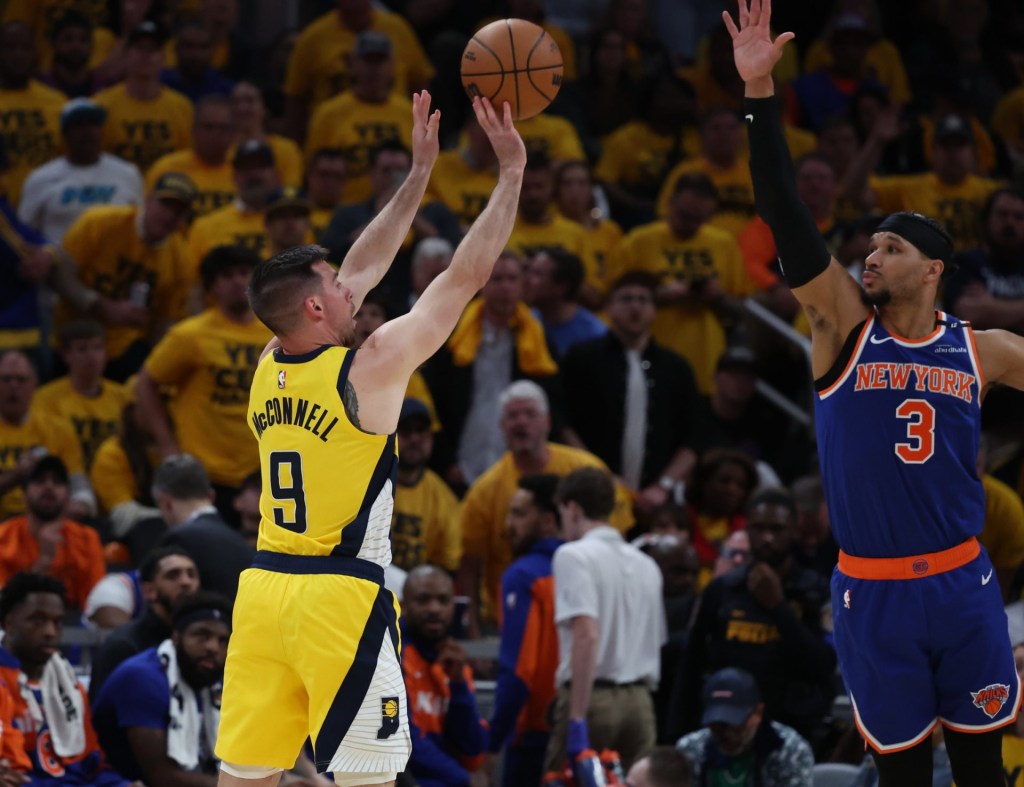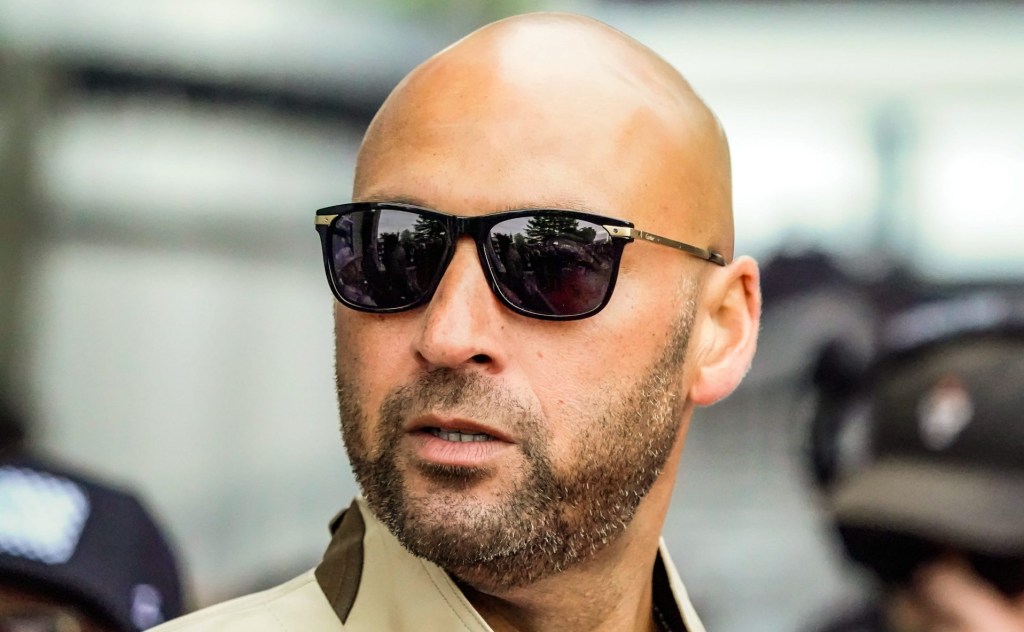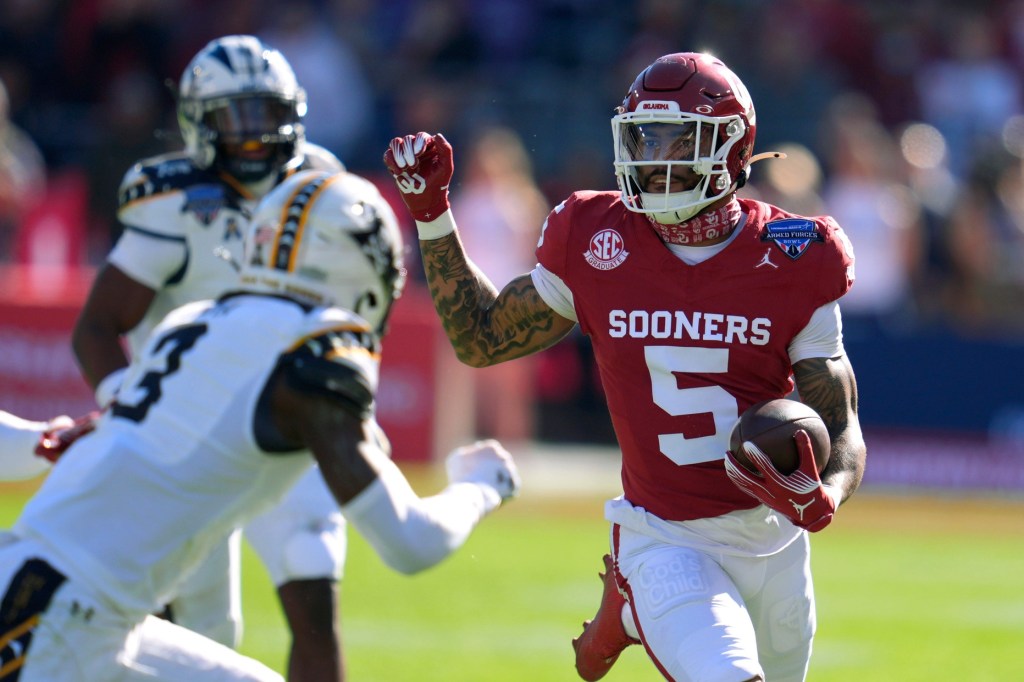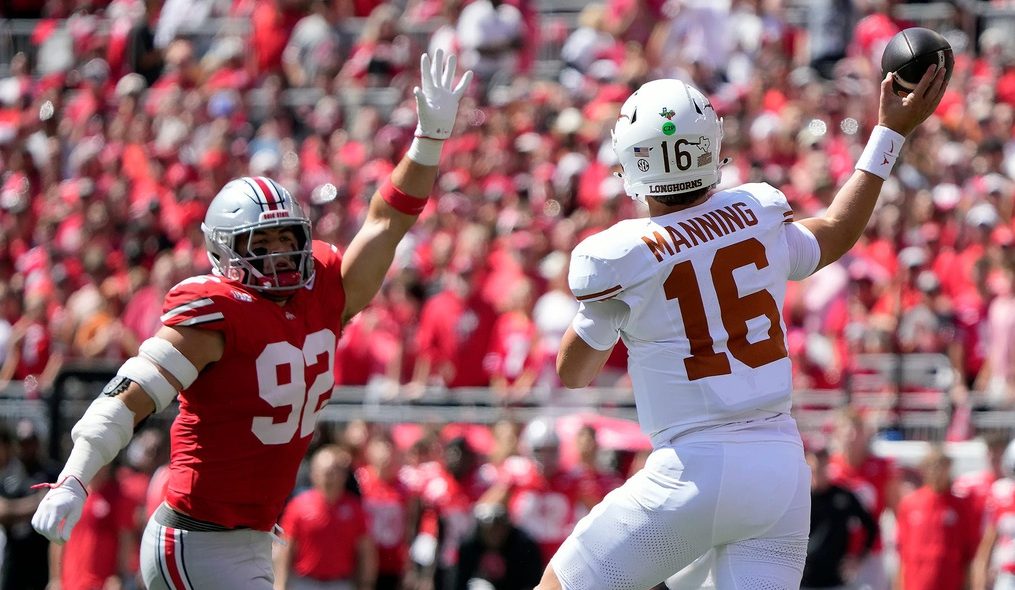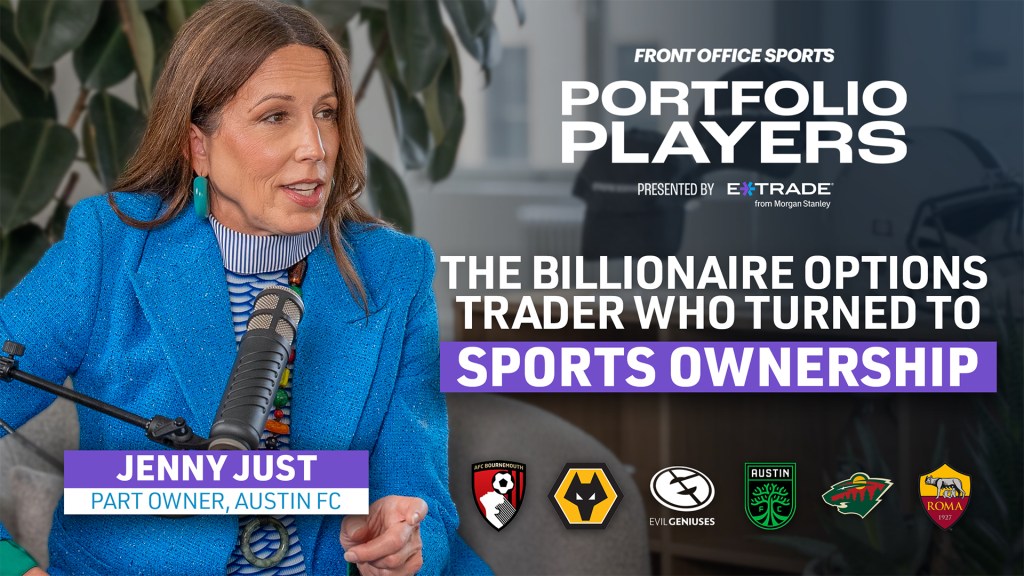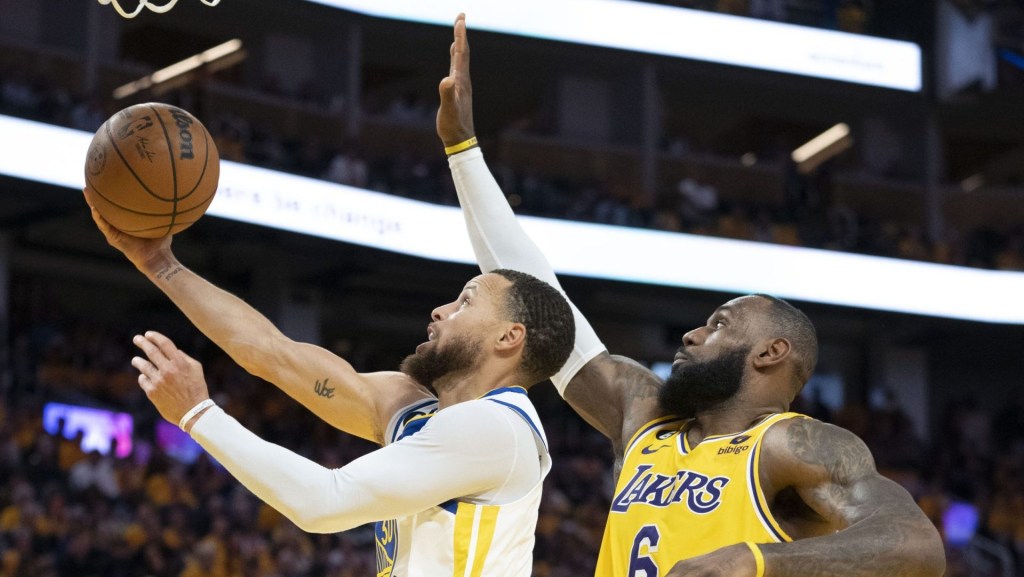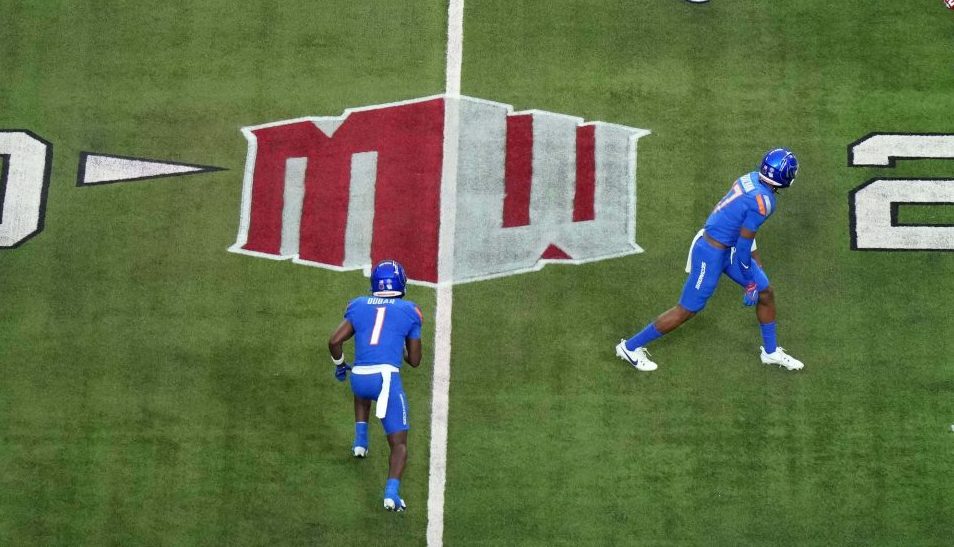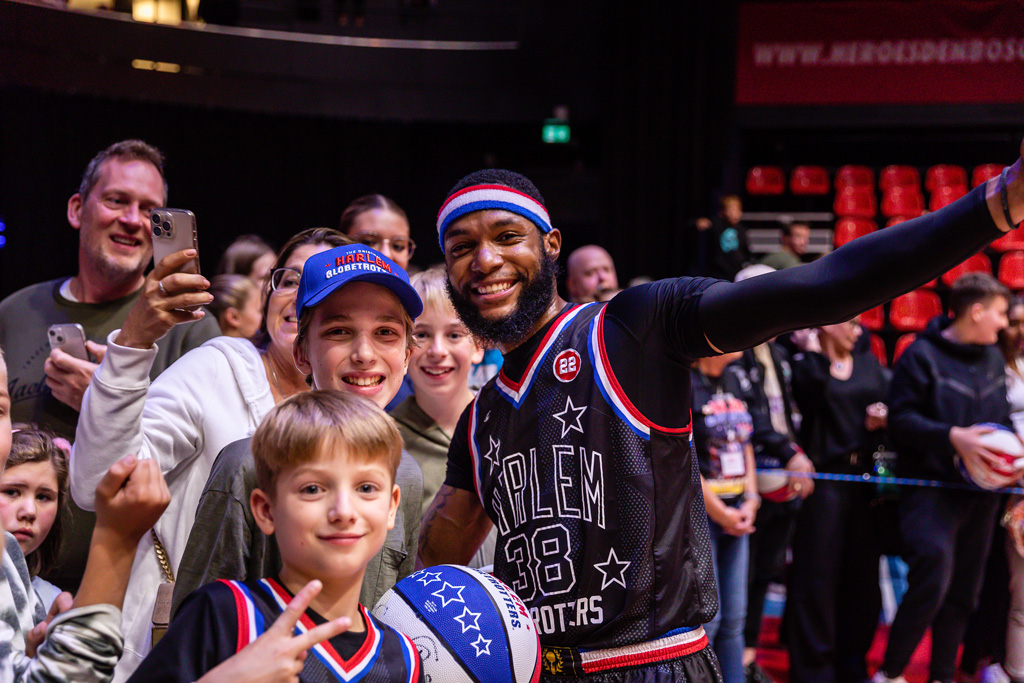By: Ryan Weir, @r_weir

Front Office Sports is proud to have had the opportunity to sit down with Roy Philpott, who is a play-by-play commentator for men’s and women’s college basketball for ESPN, and host of the Roy Philpott Show on WCCP 104.9 FM. Roy also created the Fox Sports-affiliated website CUTigers.com, which has become a go-to source for Clemson University sports news. He was gracious enough to offer up his time and insight into the world of sports communications, how to succeed as a broadcaster and how important it is to learn from your setbacks.
What inspired you to pursue a career in sports communications?
Playing sports growing up, and it probably didn’t occur to me until senior year of high school that I was not good enough to play sports in college and certainly not at the professional level. So, the next best thing was to do sports broadcasting or writing just to be around the sports environment.
When I graduated from college, it didn’t hit right away that that is what I should be doing, but after about a year or two in corporate America, I missed being around sports and I wanted to be enthralled in it. I wasn’t a good enough athlete, I wanted to be around sports, and this was the best way for me to do that. When I walk into an arena now and I’m about to call a game, I still have the same butterflies as when I was playing. I love that adrenaline rush.
What were some of the important skills that helped you to perform well coming out of college?
Well, my background in college was in computers — I was a computer engineering major. But, I was always addicted to sports and watching highlights and I kept track of everything that was going on involving all of the major sports. I think one of the biggest things is to be passionate.
I tell people all the time that I can’t be good at something if I’m not passionate about it. There is a certain skillset you have to have to be successful in sports. Writing and communication are critical. Also, doing your homework and being mentally prepared, but at the end of the day, I found it most beneficial for me that I was the most passionate about sports.
When did you come up with the idea to create the CUTigers website (CUTigers.com)?
I went to Clemson University and graduated in 1999, and about a year and a half later, I created that website because Clemson was having a really good year in football; they were on an uptick, and I felt like the other websites out there weren’t doing it justice. So, I just started it. No one looked at it for about six months, but eventually people started reading it and looking at it.
The more people did, the more I was encouraged to write about something that people wanted to be a part of. It really helps to be a good writer and when people can enjoy what you write, and get excited about you write, then chances are you can go on to do other things in the media as well. So, the skill of writing is very important.
Did you encounter any setbacks along the way and how did you overcome them?
Yeah. Sports media is highly competitive, even in media. I think sports is the single most competitive environment on the planet. That includes not only the teams and the players, but also the people that are covering the teams and covering these games and also the writing editorials; it is just something where any of the sports jobs I have had, thousands of people would have killed to get those jobs.
Whether it is calling a game for ESPN, writing a game recap about Clemson football, covering a basketball or football game. I don’t know if I would call competition a setback but if you are going to enter into this field, you better be ready to compete your tail off. It is extremely competitive. As far as starting a website, each of the days in the first six months were a setback. When you write things that nobody is reading, or that they read but aren’t excited to come back to again or tell their friends about it, that can be rather discouraging.
You’ve had a well-rounded career — doing play-by-play, sports talk and maintaining a website. What else do you aspire to do?
Well, my favorite thing is play-by-play. I’ve been very fortunate to be involved with ESPN for the previous three years. There is nothing like walking into an arena, stadium or ballpark and knowing that a certain number of people care about it and will be watching it. I also still get butterflies before calling games and there is nothing like that.
The more of I can do of that the better. My sports talk show has been a tremendous ride. We are on noon to three pm each day in a market that cares about sports. I enjoy doing that too, and I don’t foresee that coming to an end. Broadcasting in general has been my focus for the past couple of years. I started as a writer, but now I am more of a play-by-play man and a radio host. Calling a game and taking phone calls and hearing people’s energy about sports is great and has been a great ride.
What is your advice to someone pursuing a career in sports communications?
I think it’s important to love what you do. If you want to be in sports, you gotta love it. You have to be willing to work the hours, which is not 9–5. It’s weekends, nights and holidays. If you are passionate about it, and you develop your craft, over time good things will happen. But it takes some time. You are generally not going to walk into a top-end job coming right out of college. But the passion, loving what you do and knowing that you have to work hard for a couple years will get you there.
“You have to also be in the right place at the right time. You know, ESPN will tell you, if you send them a demo tape, you better be ready for the Worldwide Leader. I think that goes with a lot of jobs. Also, network, network, network. It’s a lot of things like many businesses, but it is competitive. If being competitive is in your DNA, then you are in the right environment.”
You can follow Roy Philpott on Twitter here! Also, be sure to check out the Roy Philpott Show, which airs daily from noon to 3pm on WCCP 104.9
